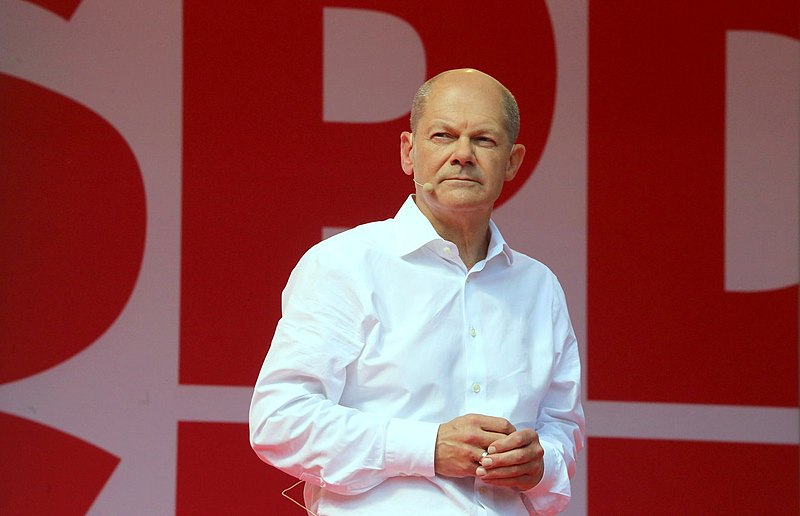
The leadership of Germany's ruling Social Democratic Party (SPD) is set to discuss on Tuesday whether Chancellor Olaf Scholz remains the best choice to lead the party into the upcoming snap
election, according to a source familiar with the matter.
The SPD leadership has thus far supported Scholz's bid for a second term as chancellor in the national election, now scheduled for February 2025. This early election follows the collapse of Scholz's three-way coalition government on November 6.
However, during a teleconference focused on the party's election strategy, there is growing speculation that Scholz could face pressure to step aside in favor of Defense Minister Boris Pistorius, who is seen as a more popular candidate within party ranks.
Scholz, currently attending the G20 summit in Brazil, has faced criticism from within his own party. On Monday, two federal lawmakers from North Rhine-Westphalia became the highest-profile SPD members to question his candidacy publicly.
"The central issue is identifying the best political lineup for this election," they said. "We are hearing a lot of positive feedback about Boris Pistorius. Ultimately, it’s the party committees that will decide on the chancellor candidacy, and that’s the right approach."
While a formal decision on the SPD's chancellor candidate was initially expected at the end of the month, it may be expedited to prevent further damage to the party’s image caused by internal debates.
An SPD spokeswoman denied rumors of an emergency meeting about the candidacy, stating that the scheduled discussion is part of regular campaign planning.
STRUGGLING POLLS
Opinion polls indicate that neither Scholz nor Pistorius currently has strong prospects of becoming chancellor. The SPD is polling at around 16%, trailing behind the opposition conservatives and the far-right Alternative for Germany (AfD). This marks a significant drop of 10 percentage points since the 2021 election.
Despite this, Pistorius remains Germany’s most popular politician according to several surveys, fueling optimism among some SPD supporters that he could potentially boost the party’s standing.
Meanwhile, Scholz’s popularity has plummeted. In a recent INSA survey, he ranked at the very bottom of the top 20 German politicians for the first time.
A separate Forsa poll of SPD supporters revealed that 58% favored Pistorius as the chancellor candidate, compared to just 30% for Scholz.
When asked about the possibility of running, Pistorius has consistently stated that Scholz is the SPD's candidate, signaling his reluctance to engage in any leadership challenges—at least publicly. Photo by Michael Lucan, Wikimedia commons.



































